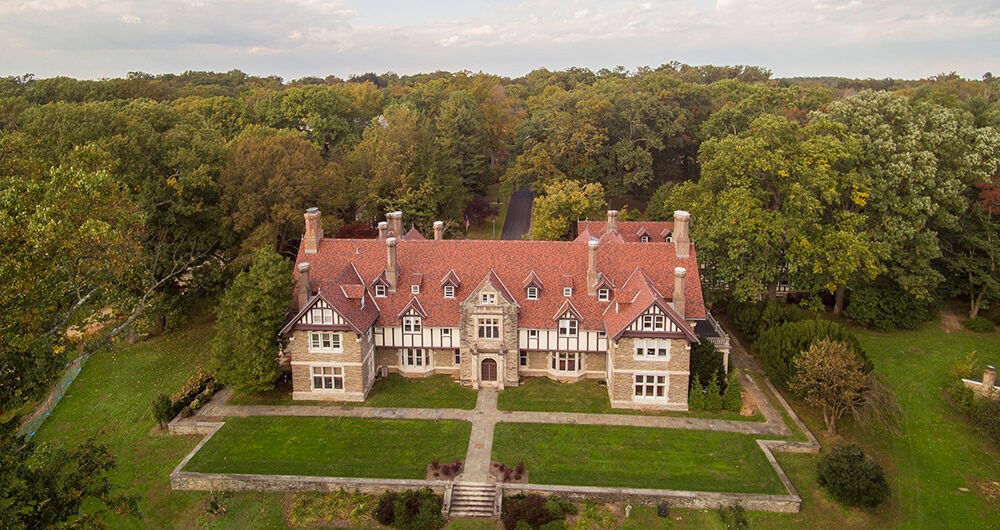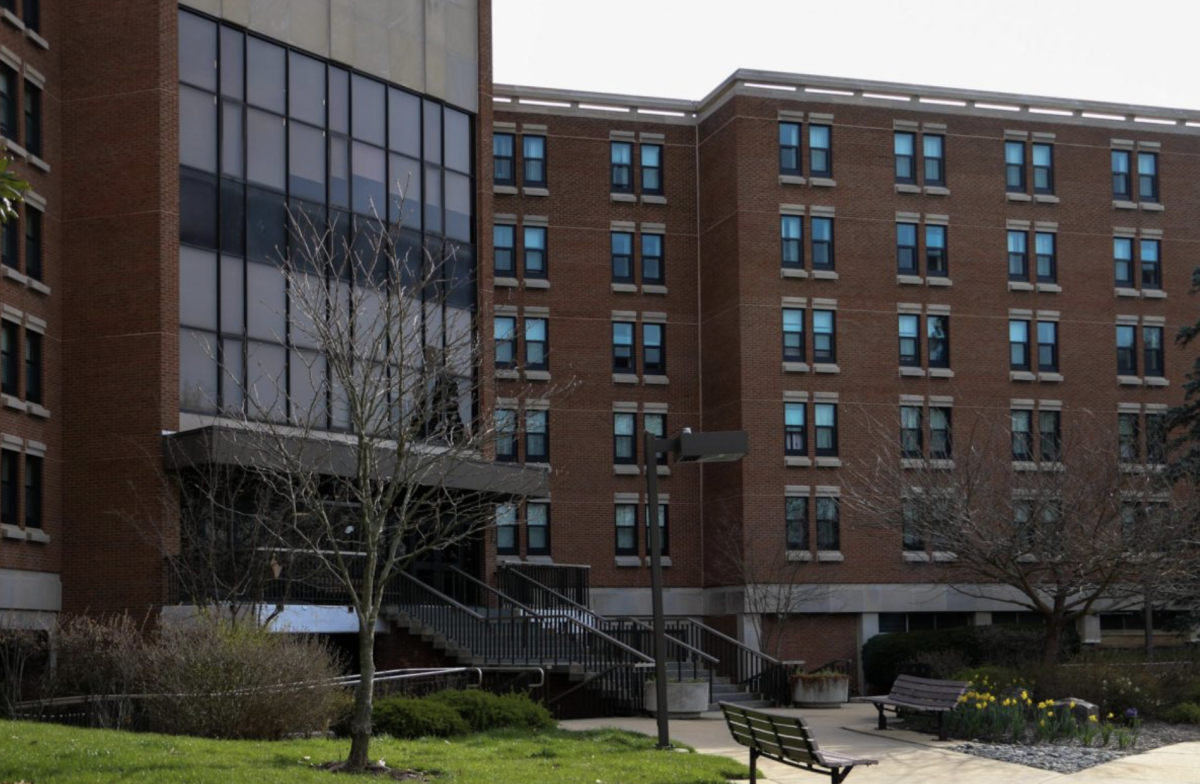It is no secret that most politicians are old. President Joe Biden is constantly ridiculed for his age at 81-years-young, but he is not even the oldest active American politician. Senator Charles Grassley of Iowa is almost a decade older, at 89, currently serving as the oldest member of Congress.
But, this doesn’t have to be the case. In the United States, the minimum age for a President is 35. Why don’t we implement a maximum?
Age limits for politicians are overwhelmingly supported by all sides of the ideological spectrum. According to a July survey by PEW Research Center, 82% of Republicans and 76% of Democrats support a maximum age limit for elected officials. Additionally, 86% of Republicans and 82% of Democrats support one for Supreme Court Justices.
In such a polarized political climate, this is one of the few issues that most Americans seem to agree on. In fact, the matter of age in politics isn’t debated along partisan lines, but generational ones. Across both parties, older voters tend to resonate with older candidates. Without an age limit, Baby Boomers and Generation X will continue to dominate the political sphere.
Republican Mitt Romney is one major advocate of changing this system. At 76, Romney’s political resume is extensive. Bolstered by his 2012 GOP presidential nomination, Romney is one of Utah’s current senators and the former Governor of Massachusetts (among other accolades).
“Frankly, it’s time for a new generation of leaders,” Romney said in a video statement. “They’re the ones that need to make the decisions that will shape the world they will be living in.”
Romney’s point is a strong one, especially with Millennials and Generation Z’s approaching the age of candidacy. Politicians should not be able to create lasting legislation for a future in which they won’t be a part.
“I’m in Comparative Politics right now, and this is definitely a topic I’d love to debate in that class,” freshman Dianna Regan said. “I really can’t see anyone my age who would oppose the idea, including me.”
Age-limits are necessary for term-elected officials and even more pressingly for federal judges. Such positions offer their appointees life tenure. Not only is there no maximum age in federal courts, but there’s also no term limits.
This flaw was painfully revealed in the 2020 replacement of Supreme Court Justice Ruth Bader Ginsberg. “The Notorious RBG” was a moderate-progressive who tirelessly ruled in favor of pro-choice arguments, LGBTQ+ legalization, and gender equality. Rather than stepping down within former President Barack Obama’s tenure so that he could appoint a similarly-viewed judge, Justice RBG continued to work until she passed away in office.
Former President Donald Trump ultimately appointed now-Justice Amy Coney Barrett, a staunch right-wing conservative, to replace Ginsberg. Many Democratic constituents were angry with RBG, especially after Coney Barrett contributed to the overruling of Roe v. Wade. Barring my personal love for RBG, this entire sequence of events was an ironic knife in the back that could have been avoided.
“It’s important to criticize politicians even if you are in ideological agreement with them,” Regan said. “It doesn’t have to be hostile, but I think everyone should be held to the same standard.”
Especially for college students, it’s important to be politically involved. While age-limits are something that nearly all ends of the political spectrum agree on, only voting and legislative conversation will make the difference.







